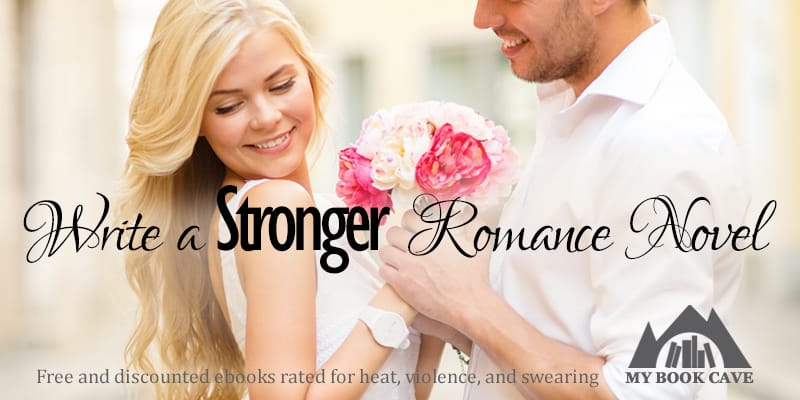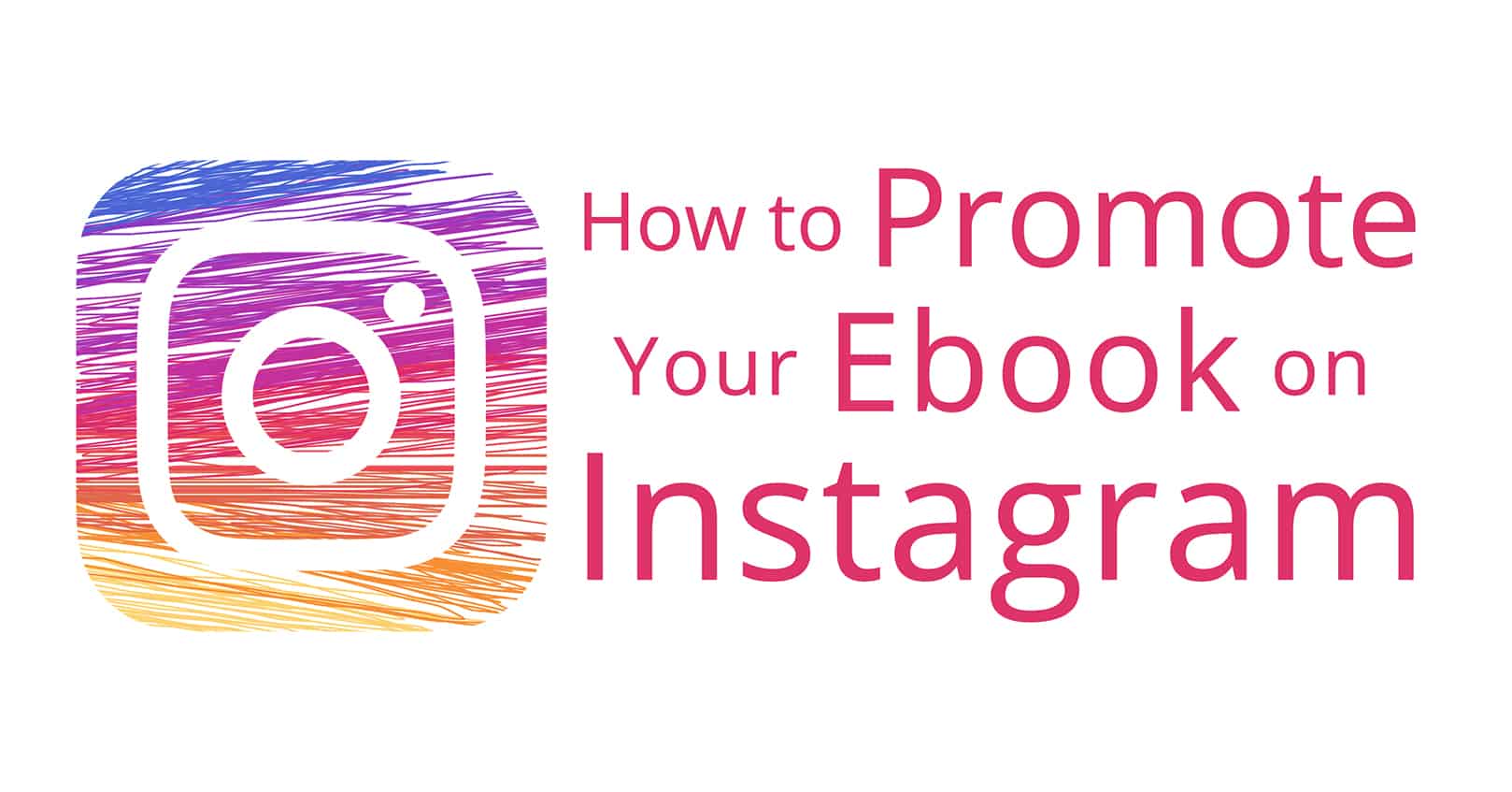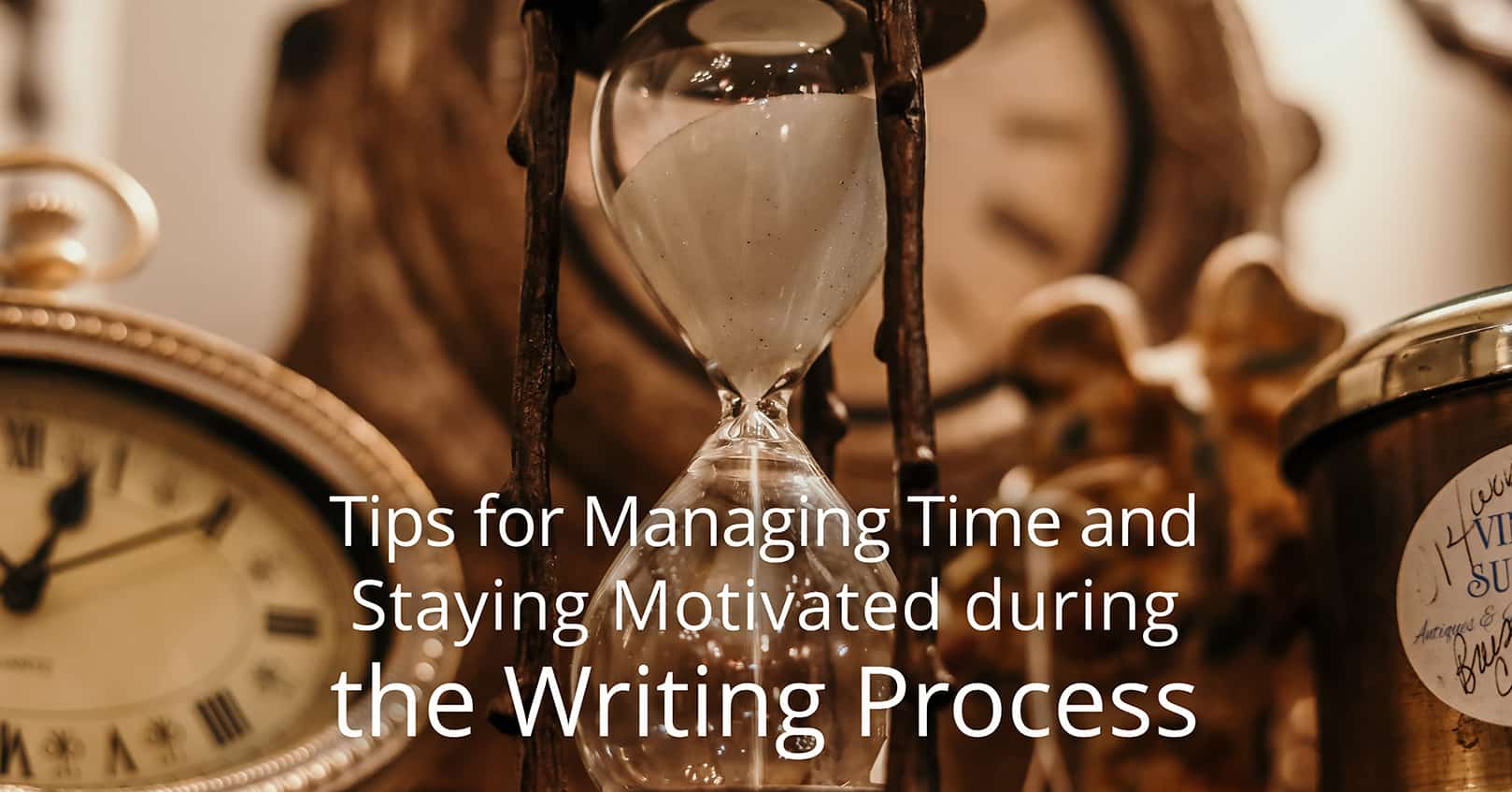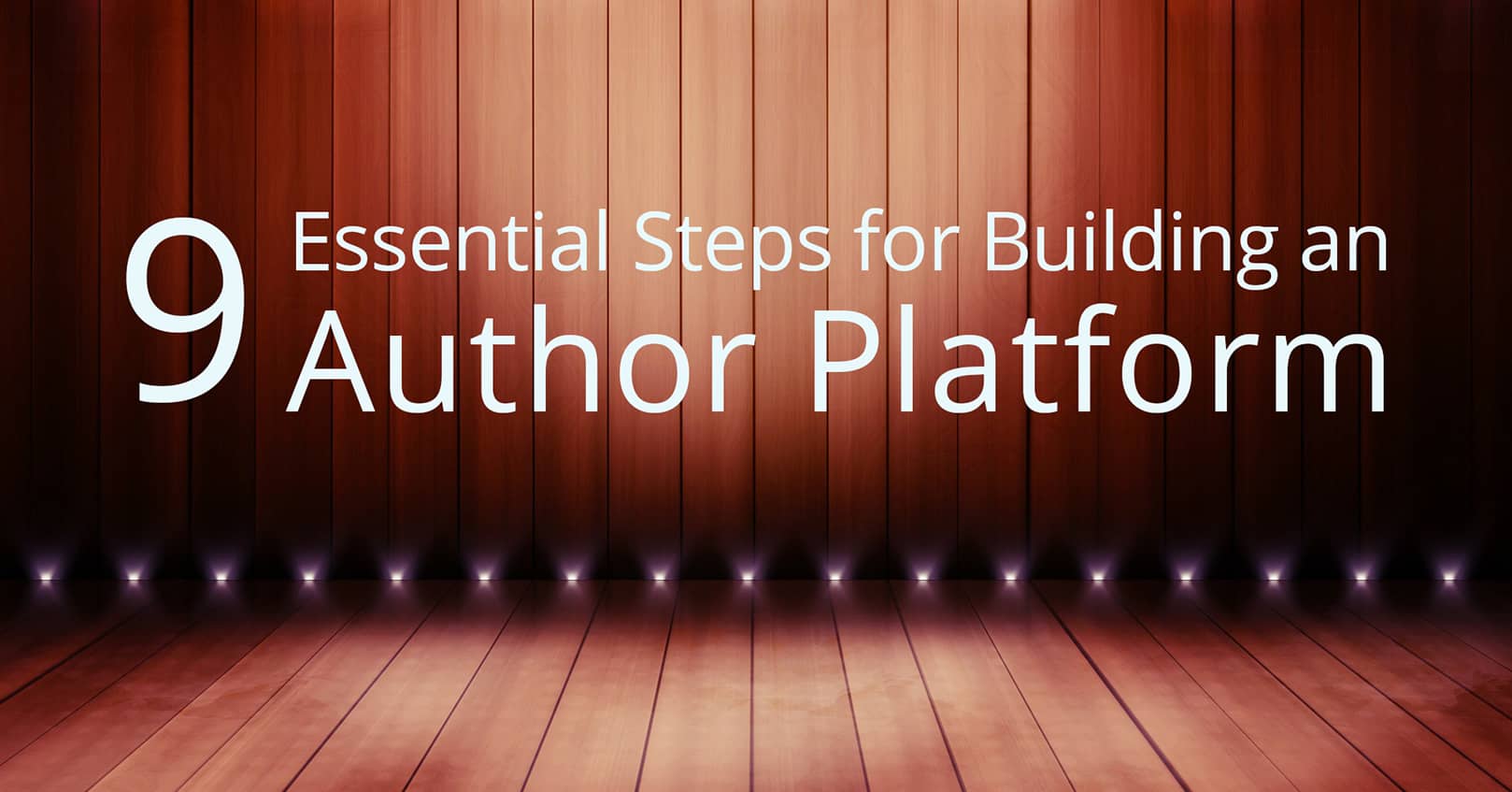
If you haven’t thought of writing a romance novel, maybe you should. Romance often gets a bad rap, but in 2013 romance sales generated $1.08 billion (source: BookStats). That’s an awful lot of books. In fact, romance sells more than any other genre besides general fiction. And who reads all these books? Most romance readers are Christian women ages 30-54, with an average of around 42. But women are not the only ones who love romance novels. According to the Nielsen Book Buyer Report in 2014, men accounted for 15% of the romance books purchased. Romance is most definitely here to stay, so let’s take a look at how to write a stronger romance novel.
Myths VS Fact
First, let’s clear up a few misconceptions.
Myth: Romance novels are all the same.
Fact: The ONLY thing that’s always the same in romance novels is the happy ending. This is the romance novel’s greatest strength. The journey is different in every book.
Myth: Romance novels are easy to write.
Fact: While there are novels that dwell only on the erotic aspect of a relationship, many true romance novels are deep and multifaceted. Writing these romances requires WRITING skill, because writing about the heart is not easy to do well.
The Key
Romance novels are about emotion—that’s why women appreciate them. We want to feel emotion, experience falling in love with that special person. Emotional stakes are more important than physical stakes in a true romance novel. Our heroine losing her heart is far more powerful than simply sleeping with a man.
Deciding what Kind of Romance
Will your story be driven by an evolving character, or will your story be based more on the plot (like most romantic suspense)? Or is your novel primarily fantasy with intricate world-building? Regardless, the book will contain emotion, but your focus will differ. Understanding that beforehand will help you bring out the romance, even in a plot-driven story. Make sure your planned subject is something that interests you, or you’re going to be bored—and so will your reader.
Choose Your Heroine Carefully
When writing romance, it’s critical to remember that every heroine has to engage the reader. Normally, it’s through the heroine that the reader lives the story. So while the character has to be a real, believable, individual woman in her own right, she also has to be someone the reader can connect with. Too many negative reviews talk about hating the character, and those reviews will prevent future sales, so let’s get it right. Here are some qualities that readers look for in a heroine:
Sympathetic: The reader must care about what happens to the heroine. This doesn’t mean readers have to like everything about the heroine right from the start, but they have to be interested in finding out what happens to her.
Strong or becomes strong: Today’s readers are not looking for an old-fashioned, dependent woman who needs a husband to define her. Our heroines should be an equal partner in her relationship—a woman the hero has reason to admire and pursue.
Rounded character: Your heroine must be three-dimensional so her interactions will be realistic. That means she must have both bad and good characteristics. And a character can’t be the most beautiful AND rich AND talented at everything AND have everyone adore her. She must have serious flaws and deal with serious issues. She must experience pain and loss. This will help readers care about her. She must have friends and family and a past. What is her love language? What are her pet peeves? What can’t she resist? What are her goals? Keep in mind that in a romance novel, the characters will be focused on building a relationship, so their goals and desires should show that (even if they claim not to want a relationship or are working out other issues).
Consistent: Don’t have your character be a weepy, whiny person one minute and then a strong, all-knowing woman the next—only to revert again in the next chapter. Yes, you can show a woman steadily growing stronger, but violent changes from one chapter to the next will turn readers away. Use your heroine’s thoughts, feelings, and actions to explain her character and development to the reader.
Interesting: All romance novels are about two people falling in love, but within that framework, each story needs to be unique and interesting. You’ve probably heard people talking about authors whose stories all sound the same, and this is why you need to include variation in your books. To help you write an interesting story, you must READ widely, and not just in the romance market. Research different ideas to spark more interesting stories. You know you’ve succeeded when readers are sad the book has ended because they love your characters so much that they feel like friends.
Importance of Sexual Tension
One of the most important emotions in any romance novel is the physical attraction between the hero and heroine. The sexual tension between your main characters should exist from the very first moment and increase in their awareness as their relationship progresses—right along with other plot elements. These scenes will grow in intensity, but that doesn’t necessarily mean your characters will soon need to hop into bed together.
Readers who choose romance enjoy plenty of sexual tension, but too many people (even authors) believe sexual tension is just sex. It’s not. It’s what comes before, the build-up of the conflict, the attraction. The pounding hearts and the internal dialogue. The yearning. Anticipation. The characters don’t have to be in love with each other (at first!) to feel sexual tension. They don’t even have to touch each other to crank up the heat of their awareness for each other. Communicating this sexual tension to your reader in a way that makes them FEEL that delicious tension is your goal. This can be in the carnal sense or the happily-ever-after sense, or both, depending on your story. Different types of romance novels have different degrees of sexual tension, from inspirational and sweet to spicy and erotic. There are plenty of readers for every type, so writing what you like to read and feel comfortable writing is a good place to start.
Unless you create a strong sexual tension, it really won’t matter if your character traits are unique, your dialogue witty, and your plot compelling. If you fall short on the attraction between your couple—realistic, believable tension that sends a person’s heart racing and eyes skimming faster down the page—your reader won’t care about the rest and will come away unsatisfied.
Exaggerated Awareness
One method to show attraction is to use what writers call an exaggerated (or hyper) awareness. So if we’re in the heroine’s point-of-view when the hero walks into the room, she takes notice. She’ll notice him even when she’s trying not to. She’ll pay attention to the way he walks or the tilt of his head. Little things. And she’ll be aware of how those things make her feel. The same will be true of your hero if you’re seeing from his eyes. Your couple will feel alone and intimate even in the middle of a crowded room.
When they touch, there will be a powerful connection felt by your viewpoint character. Describe the physical sensations to show us how they’re dealing with their chemistry. What does the heroine feel when the hero’s hand brushes against hers? How is the hero reacting when his fingers graze her warm, soft skin? What is she imagining when she inhales his scent? These kinds of details create the tension readers are looking for.
See how touch affects Lily in the scene below from my novel House Without Lies:
Jameson smiled, and my stomach did the same funny dance it had when I’d come down with the stomach flu. It’s the girls he’s interested in helping, I told myself. He’d only come to the store to check on Elsie. The rest had been a smokescreen.
My theory was blown to bits when his hand moved slowly to wipe the tear from under my left eye. The sound of traffic faded and it was just us, as if someone had sucked away all the sound and everything around us to another dimension.
“I don’t know what I’d expected when Payden first told me about you, but you’re much more than anything I thought up. You blow me away.” His voice lowered as he added, “I think you’re even a bit amazing.”
His words were so unexpected, I couldn’t even blink. His eyes drank me in. One part of my mind knew there were cars in the street and people nearby, but I couldn’t sense any of them.
Jameson’s hand dropped. “With all that stuff out of the way, let’s get down to the most important thing—will you go out with me?”
Or take this example of Erin and Ritter from my urban fantasy novel The Cure (under the name Teyla Branton):
I turned to see Keene, a dark shadow framed by the light of the lantern in the road behind him. “What’s the final verdict? You going or staying, Erin?”
“Going,” Ritter and I said together.
I started toward Keene, but Ritter, still facing me, stepped closer and grabbed my hand. We stood, arms touching, me facing Keene and the light and Ritter facing the darkness of the jungle.
“Be careful,” Ritter said. He hesitated before adding, “Please.”
I looked up at him. His eyes were holes of darkness but in his mind was a slice of light, a door to his soul. I reached out mentally and was swept up in emotions and experiences: rushing to the park in response to my emergency call, kissing on the rooftop, drowning in touch, despair at the distance between us. And hope. Hope as new and burning and bright as ever revenge had been. I’d never felt so much in a glance, not even with my sensing at full thrust. Impossible to tell his emotions from where mine began. I wanted him. Not just him, but all of his past, his failures, his pains. Heat pulsed through me, enveloping me with sensation.
In less than an instant it was over. The door slammed shut, the light extinguished. Tension stretched, meeting at our hands like a bomb about to explode.
He released me. I stepped forward at the same moment he moved toward the trees. “Going to make the rounds,” he said. “Tell Jace to finish the tents.”
Note that in the above scenes there was no kissing or undressing, but readers experienced emotion, and they are eager to find out what happens the next time the couples meet.
Sexy Dialogue and Flirting
Another way to increase sexual tension is dialogue and flirting. Remember how fun flirting can be and how much it can say about your characters. And no, this dialogue doesn’t have to be about body parts or intimacy—and shouldn’t only be about that if you are trying for a realistic connection between the characters. For example, in my novel Tell Me No Lies, my characters flirt while talking about my heroine’s “orange” hair.
Setting
Setting is also another way to ramp up the tension and emotion in your novel. Are your characters having a romantic candlelight dinner, or do they feel the world slipping away as they talk in a crowded room? What music is playing? Describing your setting with romantic terms will increase the emotion and will help you write a stronger romance novel.
Write What You Know
Most of us have had experience with sexual tension at some point in our lives. There is no better way to write convincing sexual tension than to use personal experience. But remember to amp it up! For instance, if your heartbeat sped up, exaggerate it a bit so that your character’s heart is pounding out some kind of strange beat that is both wonderful and terrifying—and compelling to your reader.
But go even deeper. What foods feel good on your tongue? What is your partner doing when you feel attraction for him? What clothes feel sensual on your bare skin? How does it feel to walk with bare feet across the sand to fall into the arms of your beloved? What about the roughness of his hand? What scene in a movie makes you yearn for the hero? What smells do you associate with romance?
Using all five senses to pinpoint romantic emotions and then adding those details and sensations in your novels will add depth to the characters and sexual tension that your reader will believe—and FEEL.
Leave ’Em Unsatisfied—At Least for a Time
Most romance authors understand the importance of heightening anticipation, but I’ll say it again: never underestimate the power of the unsatisfied desire. If you’ve set the tension high, imagine a couple arguing about a serious issue—only to find themselves inches apart from sharing their first kiss. A kiss that doesn’t happen as they finally drag themselves back to their senses. Or flirting that might have ended in a passionate kiss if not for the interruption of a neighbor or a delivery man. Leaving characters temporarily unsatisfied can increase the tension and make your readers yearn for more. Of course, that can’t continue indefinitely, but delaying gratification is a strong tool authors shouldn’t overlook.
No Magic Number of Kisses
Any intimate scenes you include in your romance novel should further the plot or reveal more about your characters. Don’t put in a certain amount of kisses or intimate scenes because you feel you must. Too often readers are turned off by characters who jump into bed before there is any real chemistry between them. In fact, online reviewers have left thousands of disappointed reviews complaining about this. So let the story and plot dictate the pace at which your characters move. Some very romantic novels don’t contain even one kiss; others have detailed bedroom scenes. If you want to include intimacy, or need to because the plot demands it, avoid clichés when talking about body parts. Sword euphemisms are boring and sound painful rather than romantic.
Fulfilling Reader Expectation
Keeping readers on pins and needles as they anticipate the hero and heroine finally getting together is great for the journey of your romance novel, but ultimately you need to deliver satisfaction to your readers. Again, that will mean different things to different readers for different stories, but the resolution should match the setup you’ve created. Plot-driven stories that are not primarily romance (yet have a strong romantic vein) might go several novels before things are settled between the main characters, but in most romance novels you’ll need to end with a strong commitment between your hero and heroine. For some novels that could be as simple as a declaration of love or a proposal. For others it means anything from closed-door intimacy to a detailed love scene.
In the end, the important thing is that your characters find satisfaction, because, if you’ve done your job, your reader will experience the same satisfaction. If you leave your character frustrated and wanting, the reader will experience the same emotion. Remember, the happily-ever-after is why readers choose romance novels. You want readers to finish your book sighing with satisfaction and eager to continue with you as an author.
Romance makes the world go around, and I hope these tips help you write a stronger romance novel. There is always room for more.













Love your content Rachel, very well-written!
Everybody loves a book that can give them butterflies in their stomachs. Romantic novels give an emotionally satisfying narrative to readers.
You may also check my blog aboutThe Secrets to Writing a Great Love Story
Hope this will also help. Thank you.
This is great to know. Thank you for sharing your knowledge with a “newbie” like myself!!